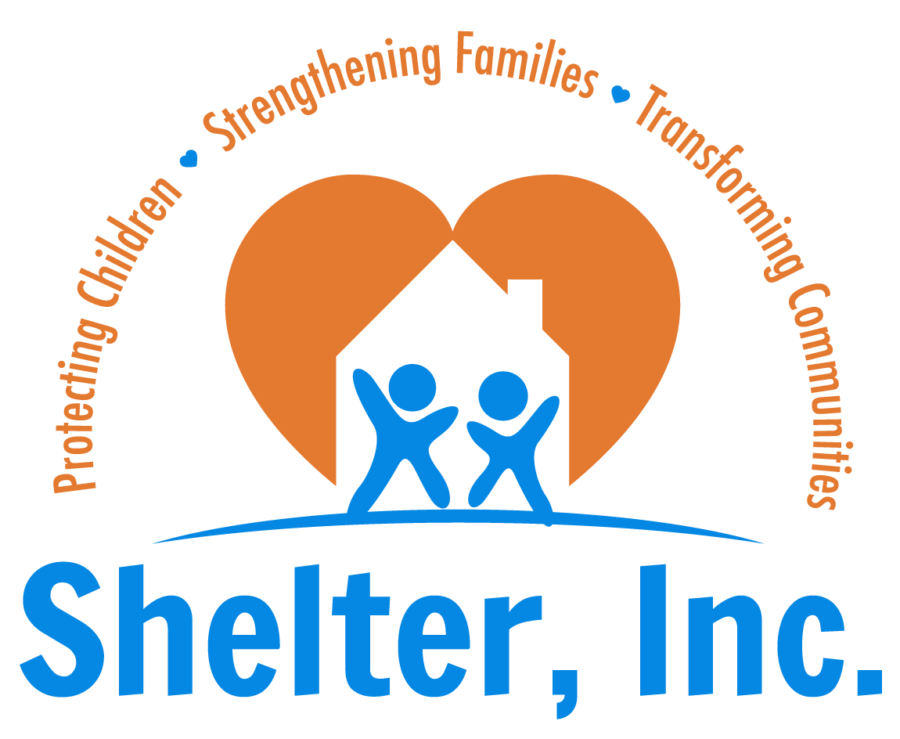
The hauntingly disturbing series Surviving R. Kelly, and the allegations against the once top-of-the-charts musician have captured our attention. Because Kelly is a high-profile celebrity, rumors, accusations, and charges of his sexually abusing under-age girls have been in the media since the mid-1990s. Why wasn’t he stopped before now?
Talent, money, and prestige are powerful. When accusations against an iconic figure are made, as in the cases of R. Kelly, Michael Jackson, and Bill Cosby, we’re more comfortable giving the benefit of the doubt to the accused.
Was the case against R. Kelly less convincing because his accusers are black? Were they judged as more likely to be lying because they’ve been stereotyped as being more sexually mature and active than their white counterparts?
Less than 1% of children of all races who say they’ve been abused are lying. Anyone who is a survivor of abuse will tell you how traumatic it is to share their experience and feelings with someone else. Some never can.
People who have been victims typically feel it is safer for them to say nothing than to be victimized again by the reactions of others. In such an environment, it isn’t surprising that two-thirds of cases are never reported.
Georgetown University recently published a study showing sex crime accusations made by black girls are less likely to be believed because they are perceived as less innocent or child-like than white girls.
No children eighteen and younger have developed enough psychologically to cope with repeated sexual stimulation, fully understanding abuse, or how to resist it. That is why sexual abuse against any child is illegal, and the adult is solely responsible for the crime.
Slowly our society has started to shift our collective consciousness to create a safer environment for children to report abuse. We’re learning that money, talent, popularity, and power of an abuser, as well as the skin color of the child who has been assaulted, should never influence us when it comes to the safety of our youths. We still have a long way to go, but we’ve taken the first step of learning to listen to children with open minds and hearts.
